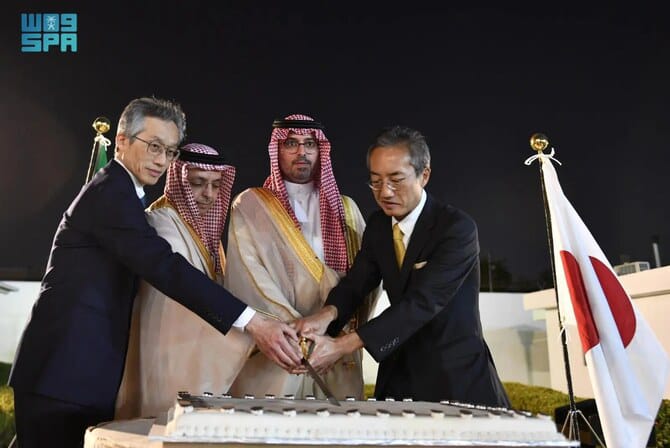RIYADH: The second edition of the Saudi Arabian Arabic language proficiency test for non-native speakers, known as Hamza, will be held on Sunday.
Administered by the King Salman Global Academy for Arabic Language (KSGAAL), the test will be conducted in collaboration with multiple Saudi universities through in-person and remote modes. The inaugural Hamza test in September aimed to establish a standardized Arabic proficiency assessment. This second edition seeks to expand its reach both locally and internationally, with the support of the Education and Training Evaluation Commission (Qiyas).
Dr. Abdullah Al-Washmi, secretary-general of KSGAAL, emphasized that the test serves as a benchmark for Arabic language proficiency, evaluating listening comprehension, reading comprehension, writing, and speaking. The 155-minute test consists of 75 questions and aligns with international standards, including the Common European Framework of Reference for Languages.
The test is designed to meet academic and professional requirements, with certain employers mandating it for job applicants. By offering a precise and reliable evaluation of linguistic competence, Hamza aids educational institutions in assessing Arabic learners and non-native Arabic instructors, ensuring accurate placement and skill development.
So far, more than 2,000 candidates from over 60 nationalities have taken the test in person across Saudi Arabia and several other countries. As part of its efforts to enhance the global presence of the Arabic language, KSGAAL is working on refining and expanding the test, utilizing educational and technological advancements to make it more accessible.
Mansoor Almalki, director of Linguistic Testing at KSGAAL, highlighted that collaborating with 19 Saudi universities represents a significant step toward solidifying Hamza as a trusted benchmark for Arabic proficiency. The partnership ensures that the test continues to evolve in line with educational needs and serves as a standardized assessment tool for non-native Arabic speakers.
The collaboration between KSGAAL and higher education institutions contributes to the development of Arabic language curricula based on rigorous scientific standards. It also expands research on Arabic as a second language, leading to improved teaching methodologies.
On the international front, KSGAAL has a strategic plan to strengthen partnerships with global universities and educational institutions, particularly in regions with a growing interest in learning Arabic. These efforts aim to enhance the test’s international recognition and facilitate its adoption worldwide.
According to Almalki, the diversity of test-takers demonstrates Hamza’s growing global reputation as a reliable measure of linguistic competence. The standardized assessment model is expected to play a crucial role in advancing research on Arabic language education, with test results providing valuable data for refining teaching approaches.




